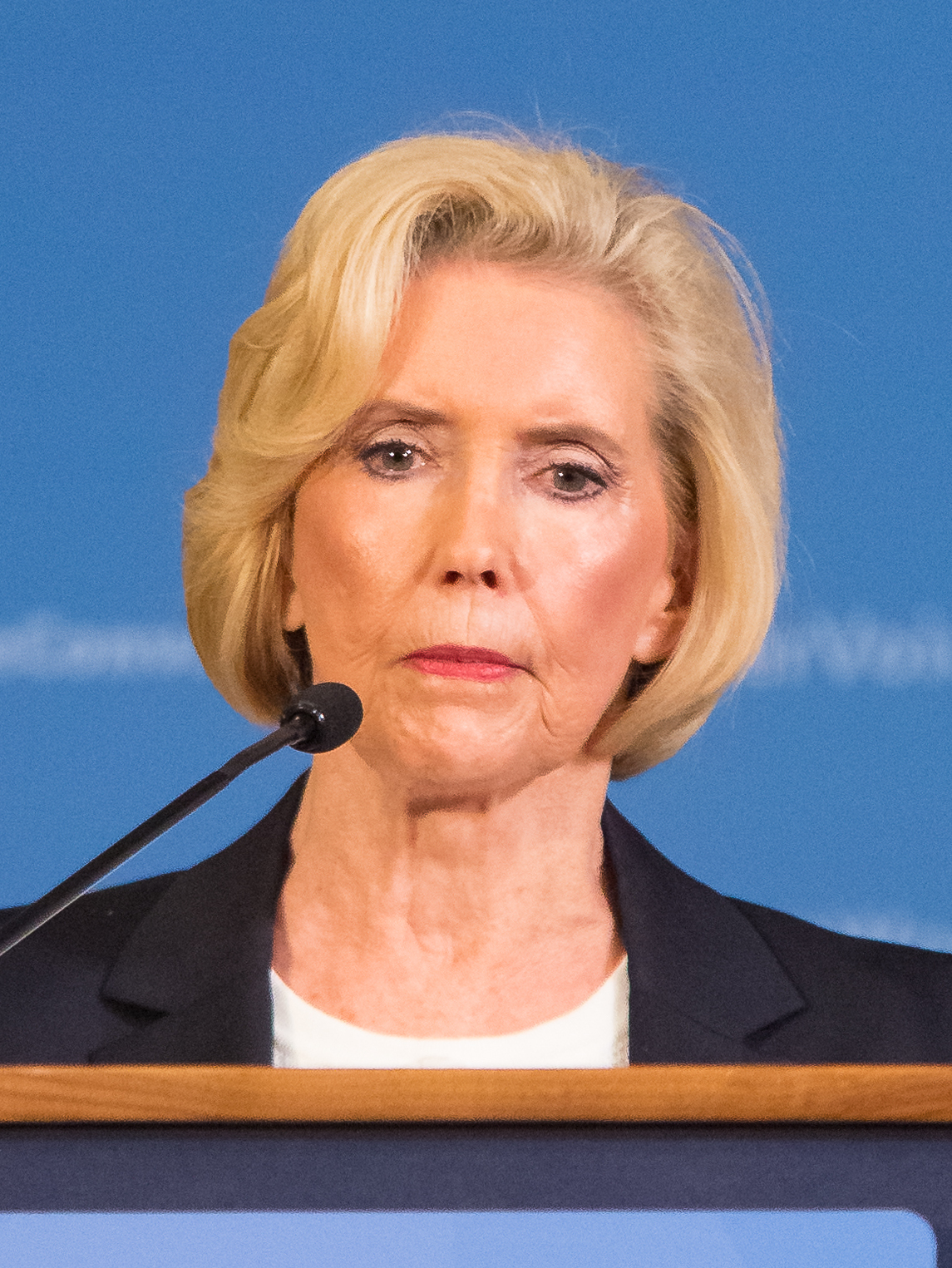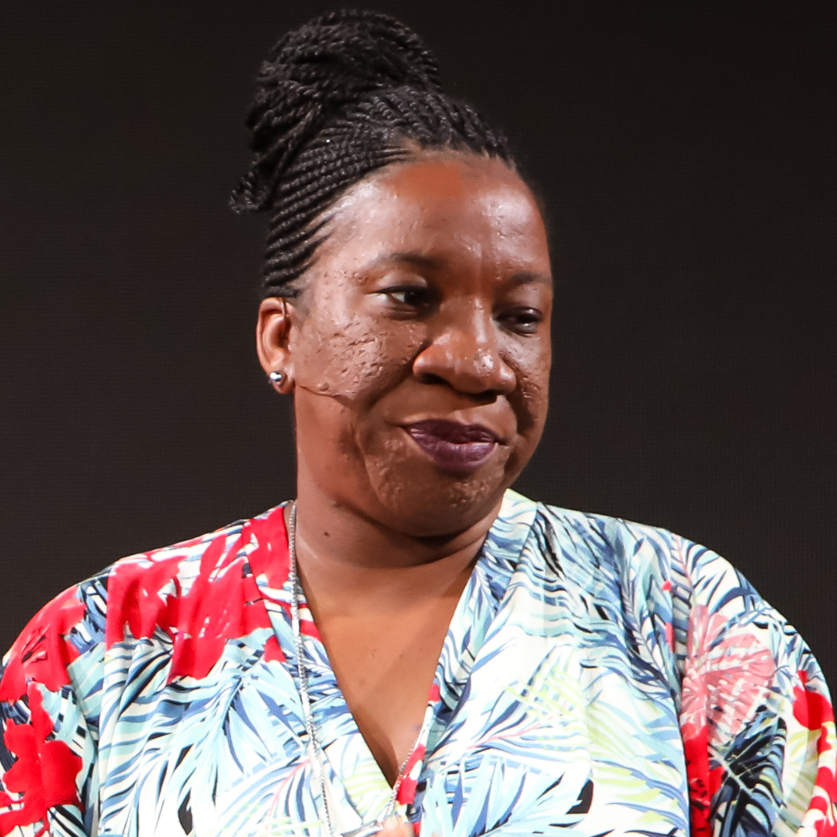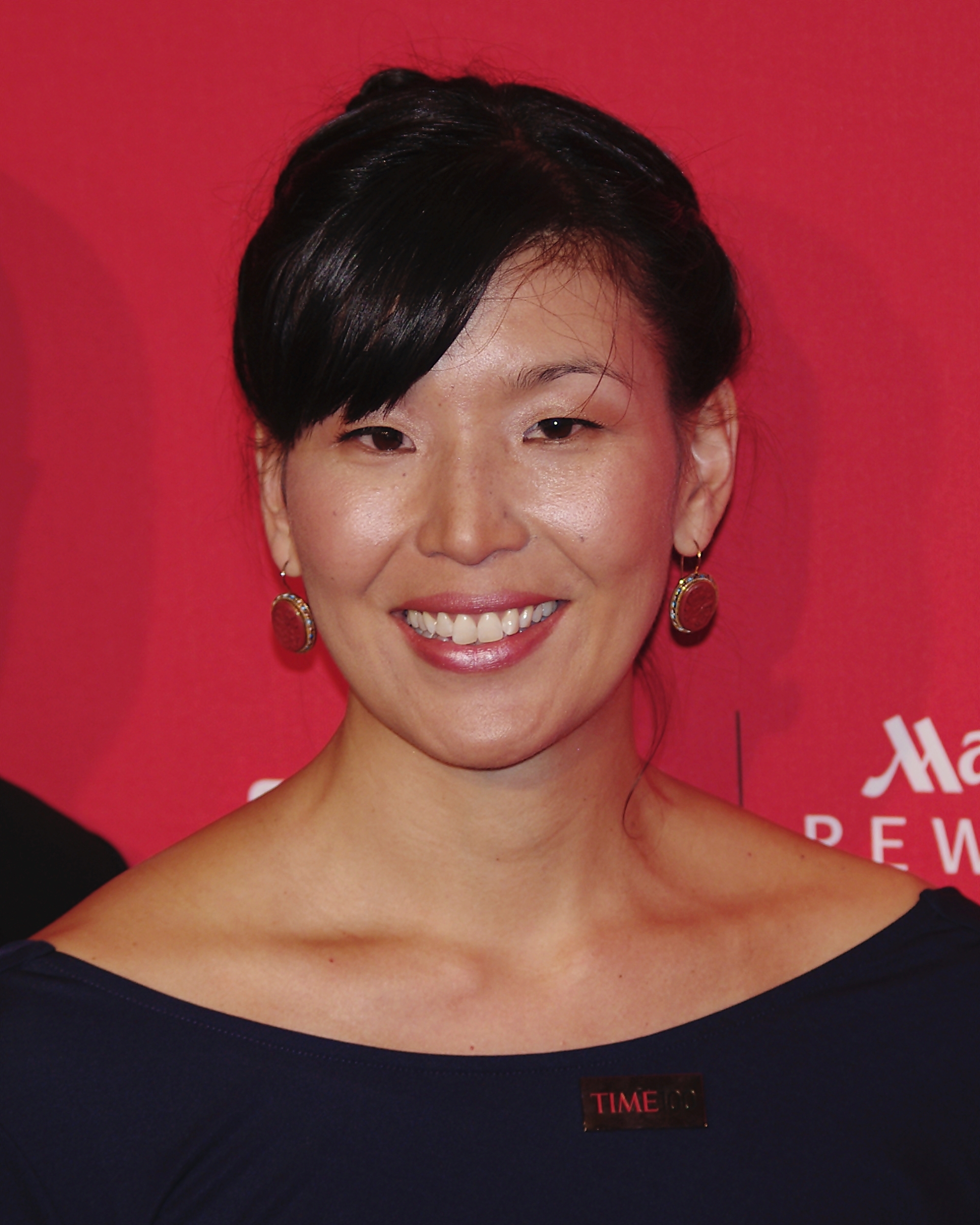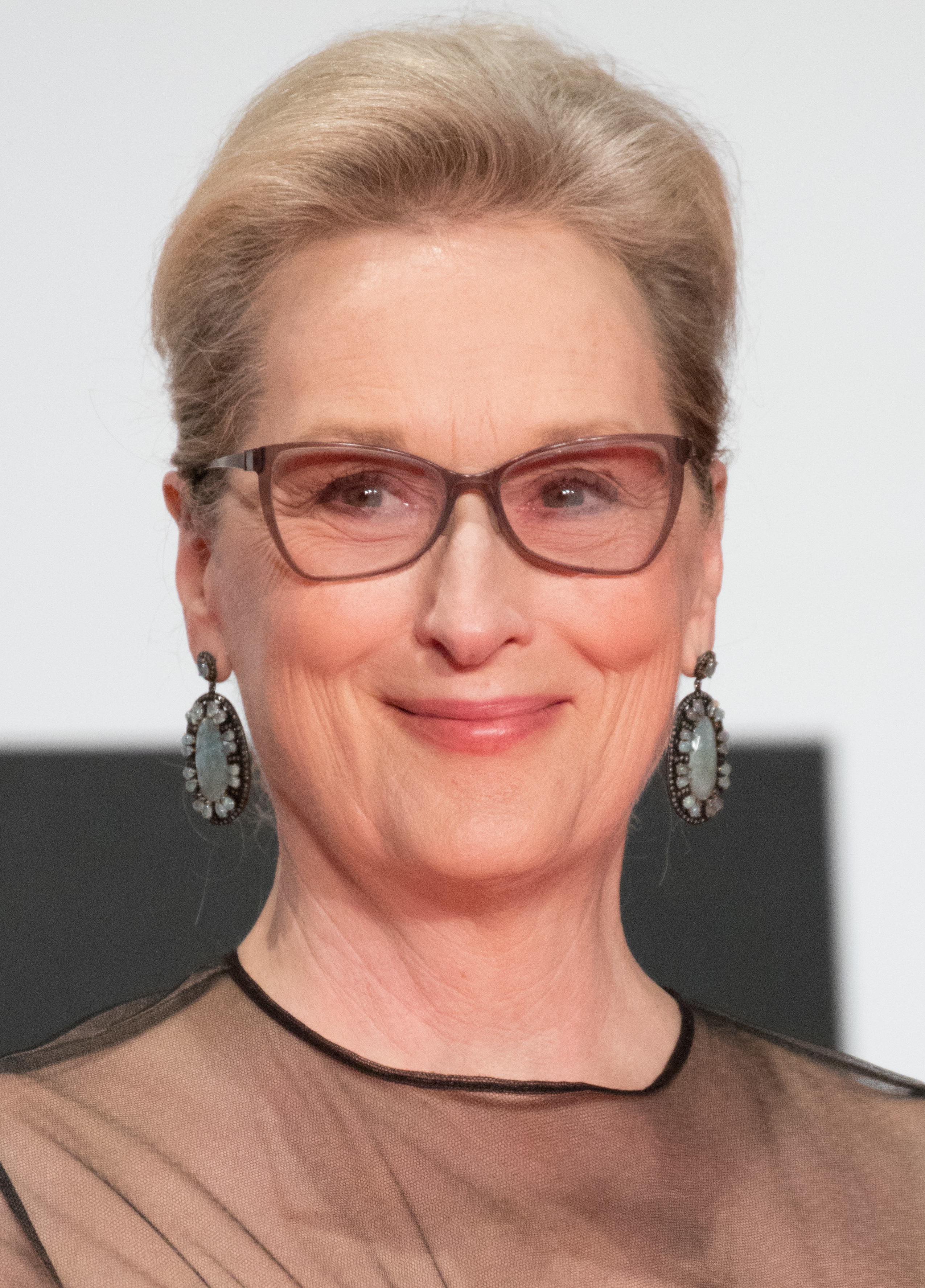Leveling the playing field with the ERA for Women in Sports
February 04, 2026
The Equal Rights Amendment (ERA) is a proposed amendment to the U.S. Constitution that would guarantee equal rights for all Americans regardless of their gender. Despite being first introduced in 1923, the ERA has yet to be published in the Constitution due to an arbitrary time limit that was added to its preamble. This has had a profound impact on millions of people, including these advocates, who have committed their time to fighting for equality:

Lilly Ledbetter is an American activist and former employee of Goodyear Tire & Rubber Co. who sued the company for pay discrimination.
With the ERA, courts would apply a higher level of scrutiny to laws that have a discriminatory impact on women, and employers would have a harder time justifying gender-based pay disparities. This would make it easier for women to challenge pay discrimination in court and get the compensation they deserve.
In short, the Equal Rights Amendment would help to establish gender equality as a fundamental right, and by doing so, it would provide women with a stronger legal framework to challenge pay discrimination and promote fair pay for all.
"There will be a far richer reward if we secure fair pay. For our children and grandchildren, so that no one will ever again experience the discrimination that I did. Equal pay for equal work is a fundamental American principle."
Lilly Ledbetter, Democratic National Convention | August 2008

Tarana Burke is an American activist who founded the #MeToo movement in 2006. The lack of an ERA has affected women who experience sexual harassment and assault. Providing a legal framework for gender equality: the ERA could provide a legal framework for challenging policies, practices, and institutions that contribute to gender inequality, including those that enable or tolerate sexual harassment and assault.
“I care about equity and equality because people deserve to have their full rights acknowledged, and you need to live in a life and walk in a world where you’re fully acknowledged and actualized, and you can’t do that if you don’t have an equal playing field.”
Tarana Burke, Founder of the #metoo movement

Ai-Jen Poo is an American activist and President of the National Domestic Workers Alliance. Poo has spoken about the inequality that has affected domestic workers, who are disproportionately women of color and often face discrimination and exploitation in their jobs:
"Well, you know, domestic workers, in many ways before the 2016 election, domestic workers were at the kind of crossroads of multiple crises in our country between the unprecedented levels of inequality and the fact that wages have been increased for decades to the fact that 11 million people were trapped in undocumented status, constantly at risk of being separated from their families to mass incarceration."
Ai-Jen Poo, Unladylike2020: The Changemakers, American Masters Digital Archive

Meryl Streep is an American actress who has spoken out publicly about the lack of an ERA and how it has affected her and other women in the entertainment industry. On her 66th birthday, she sent a letter to every member of Congress urging them to stand up for the Equal Rights Amendment and get it added to the Constitution.
"I am writing to ask you to stand up for equality – for your mother, your daughter, your sister, your wife or yourself – by actively supporting the Equal Rights Amendment"
Meryl Streep, theguardian.com
These four activists are just a few examples of the countless individuals who have spoken out about how the inequality disparity has affected them and others. The ERA is a crucial piece of legislation that would ensure that all Americans are treated equally under the law, regardless of their gender. By publishing the ERA, we can create a more just and equitable society for all.
Subscribe to our newsletter to stay updated on all things ERA and equality in the U.S.!
Watch our ERA 101 town hall discussion below, or check out these resources for a little more info: